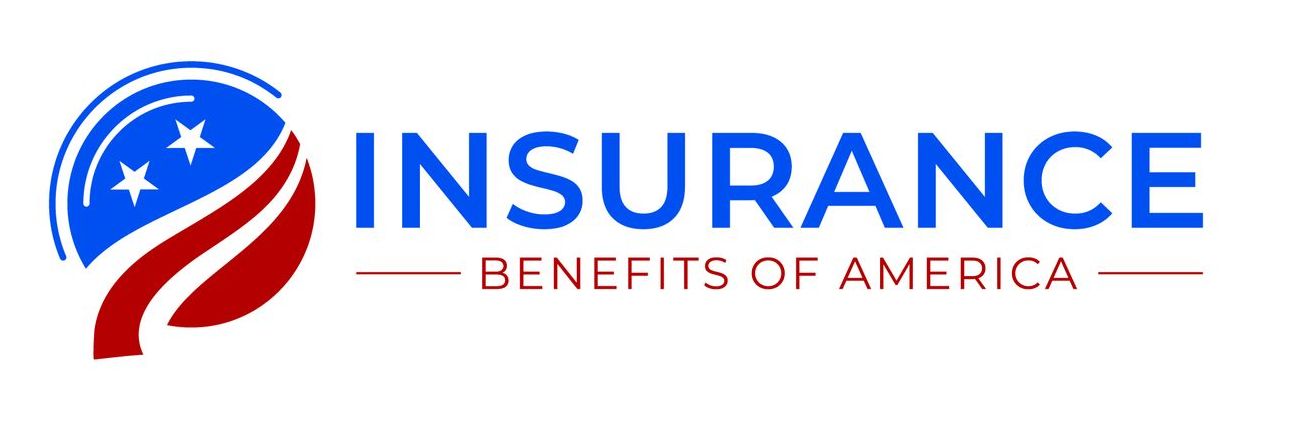Medicare Advantage (Part C)
Medicare Advantage, also known as Part C, is an alternative way to receive Medicare benefits through private insurance companies.
These plans are becoming increasingly popular due to their low monthly premium and extra benefits. At Insurance Benefits of America, licensed agents are the best in their field in assisting Medicare recipients with making informed decisions in choosing a healthcare plan.
We specialize in Medicare Advantage Plans, and all our agents are certified with the major insurance carriers
such as: Humana, UnitedHealthcare, Aetna, Anthem, Cigna, and Wellcare.
Speak with one our agents today to see if a Medicare Advantage plan is the right fit for you with no cost or obligation to enroll.

Medicare Advantage Things To Know
Additional Benefits - Many MAPD plans include additional benefits beyond what Original Medicare offers.
Low Monthly Premiums - MAPD plans typically offer much lower monthly premiums than you will find on a Medicare Supplement plan. However, you still will have to pay your Part B premium to be considered eligible for an Advantage plan.
Networks – Similar to employer coverage or traditional insurance before you turned 65, Medicare Advantage plans want you to stay within their network of doctors and hospitals. Going out of network will result in your paying a higher co-pay or 100% of the cost, depending on if you choose a plan with a HMO or PPO network.
Maximum Out Of Pocket Limit - Original Medicare Part A & B have no limit on the maximum you can spend out of pocket. Thankfully, Medicare Advantage plans do have a yearly limit on what you can pay out of pocket for your hospital and medical coverage and once that is met the plan will cover the rest for the remainder of the year. Note that the monthly premium and prescription drug co-pays do not count towards this maximum.
Co-Pays – Medicare Advantage plans have set co-pays for some services as you use them, such as when you go to the doctor and at the emergency room.
Medicare Advantage Plan Types
PPO
No referrals needed to see a specialist. Coverage for out-of-network providers with a higher out of pocket cost.
HMO
A closed network of providers that you must use to get your health care, or else, your plan will not pay. Most of the time, this also means you’ll need a referral from your primary care doctor (PCP) in order to go to a specialist. However, with a HMO you can often get lower co-pays than on PPO plans.
Special Needs Plan
SNPs are a type of Medicare Advantage plan that is only available to Medicare beneficiaries who meet certain qualifying conditions. They can offer richer benefits than typical Medicare Advantage plans, BUT you must qualify. There are 3 types of special needs plans: Dual Eligible, Chronic Condition, and Institutional.
Dual Eligible
Dual Eligible Special Needs Plans are for people who are eligible for both Medicare and Medicaid. Each plan will specify a level of Medicaid that is required in order to be eligible, so just because you have Medicaid does not mean you are guaranteed to be approved.
Chronic Condition
These plans are available for people with one or more severe or disabling chronic conditions. The following are a list of conditions that may qualify you for a C-SNP plan: Diabetes, chronic heart failure, cancer, dementia, and end-stage renal disease.
Institutional
These are for Medicare beneficiaries who are living within an institution. You may qualify for an Institutional SNP if you live in one of the following facilities for at least 90 days straight: Nursing home, skilled nursing facility, long-term care hospital, psychiatric hospital, intermediate care facility.
Plans are insured or covered by a Medicare Advantage (HMO, PPO and PFFS) organization with a Medicare contract and/or a Medicare-approved Part D sponsor. Enrollment in the plan depends on the plan’s contract renewal with Medicare.
